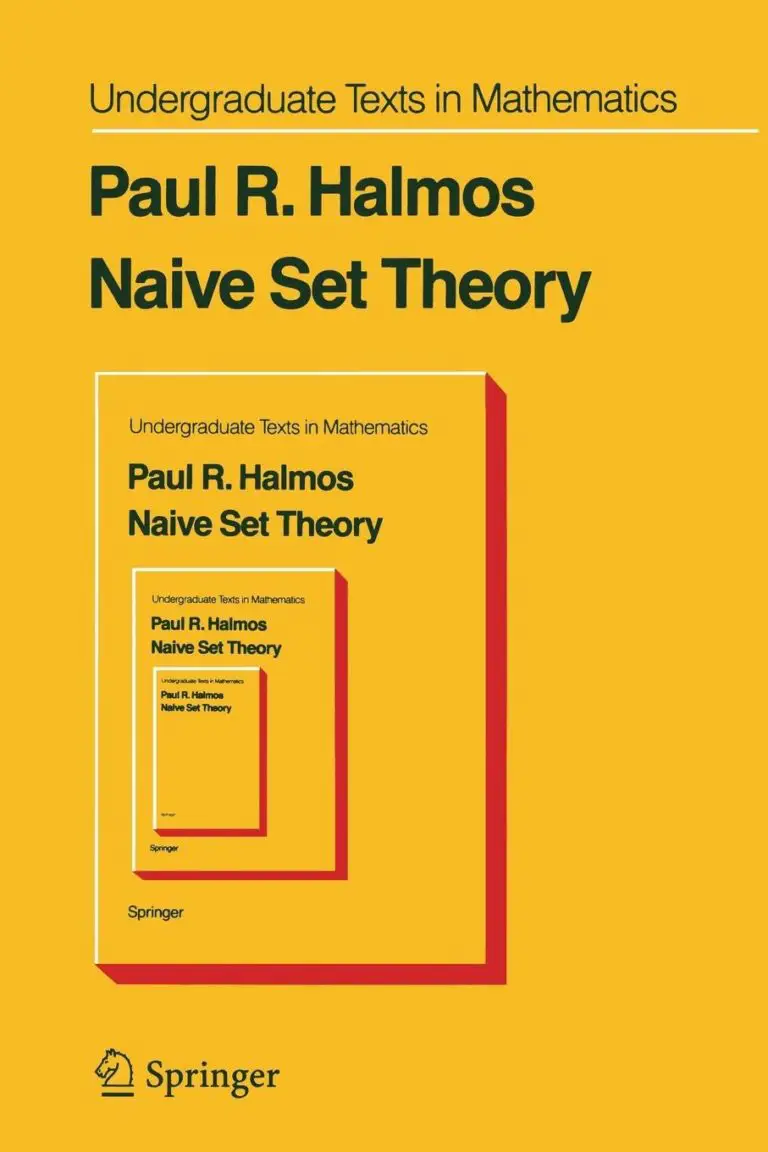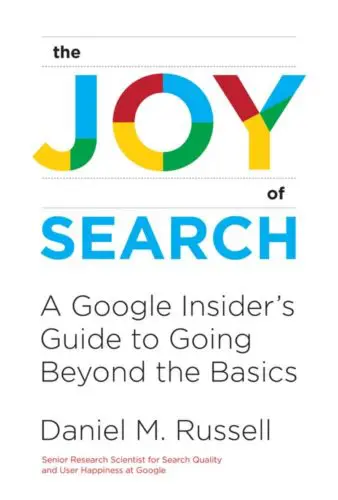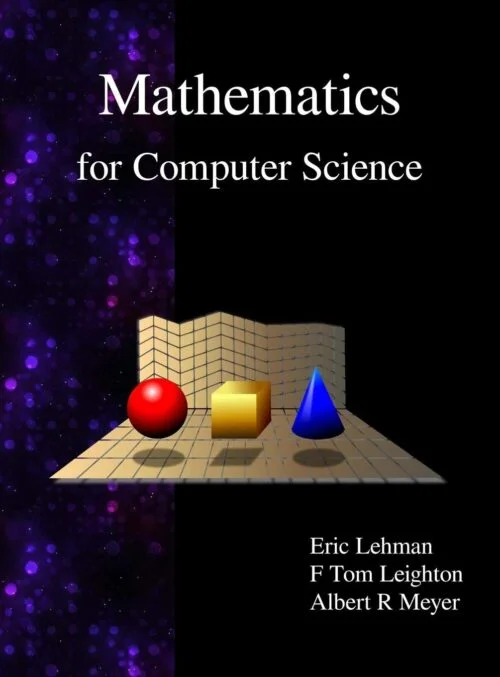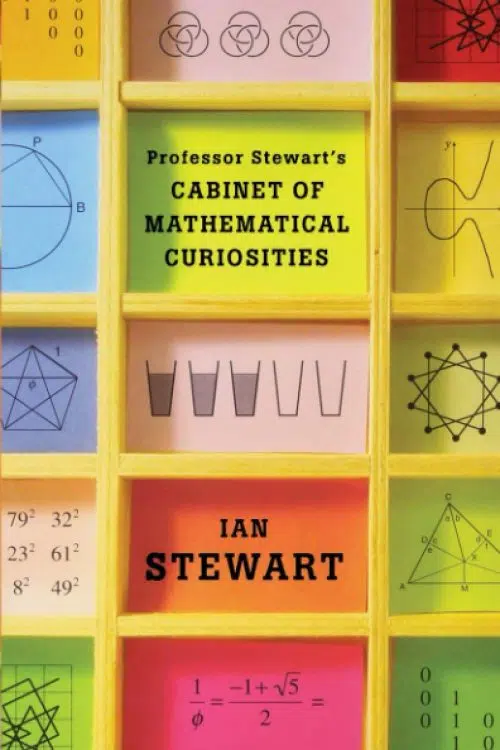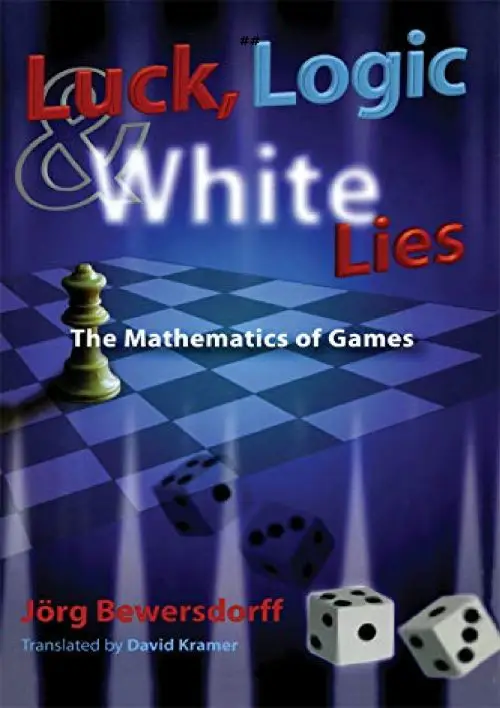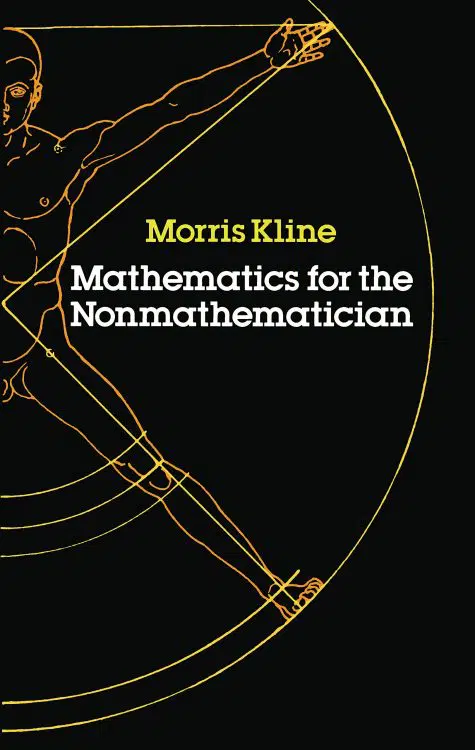Naive Set Theory is a valuable resource for both beginners and professionals in the field of mathematics. It offers a unique perspective on set theory, catering to those who want to explore the foundations of their existing mathematical knowledge or refresh their understanding of key principles.
Contrary to what the title may suggest, this book is not a simplistic guide; it goes beyond the basics and delves into the realm of Zermelo-Fraenkel set theory. While it does introduce a few axioms, it is not an exhaustive axiomatic study. Originally published in 1960 and reprinted in 1974, it predates the groundbreaking resolution of the continuum hypothesis by Cohen in 1963.
Naive Set Theory does not aim to provide a comprehensive overview of the subject. Instead, it offers a collection of topics that range from simple concepts, such as functions and pairs, to more complex ideas like general set indexing, transfinite induction, and recursion. It also includes in-depth discussions on numbers, covering the Peano postulates and Cantor’s exploration of finite and transfinite ordinals and cardinals. While the book features sporadic exercises, there is no systematic approach to problem-solving. It is worth noting that a companion exercise book published by Van Nostrand in 1966 is currently out of print.
In conclusion, Naive Set Theory serves as an insightful reference for understanding the practical applications of set theory in various areas of mathematics. However, it is not a comprehensive textbook solely focused on set theory itself.

